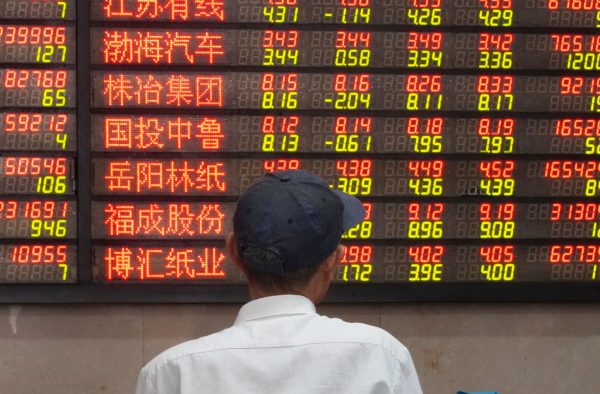There is considerable evidence that financial constraints are a key impediment to the capacity and efficiency of investment and in turn the growth of firms. This is particularly important in rapidly developing countries such as China, yet imperfections in capital markets remain. Information asymmetries and agency problems are the most important factors influencing the allocation of financial resources to firms.
Empirical studies investigating the effects of China’s financial sector opening on Chinese firms conclude that financial sector openness alleviates financial constraints and upgrades the financing structure of Chinese enterprises. They further conclude that financial openness eliminates ownership discrimination and promotes financing efficiency, removing financial constraints on private and profitable enterprises. Financial sector openness affects financial constraints mainly through collateral channels and through the elimination of information asymmetry.
These conclusions have policy implications that need to be carefully addressed. China should be more active in pushing forward the opening up of its financial sector as this would alleviate the financial constraint on domestic firms, improve the allocation of financial resources and increase the efficiency of financial markets. It would be misleading for people to believe that the acceleration of financial sector opening is just a passive response to the US–China trade war. Financial liberalisation is certainly in China’s best interests and should be a long-term strategic target.
It is not clear whether foreign investors will respond to significant reductions in barriers to market entrance for foreign financial institutions that will allow them to build up their commercial existence in China. The investment environment matters and is an important factor in achieving this goal. China should make substantial efforts to improve its overall investment environment in order to guarantee the success of the recent acceleration of financial sector openness. This includes a more competitive tax policy framework and a more transparent regulatory regime.
Another policy implication of China’s financial sector opening is that China’s financial market will become more competitive once more foreign financial institutions are involved. The good news is that this may significantly enhance market efficiency and once again alleviate firms’ financial constraints. But this may increase financial instability as fierce competition may force domestic financial institutions to take excessive risks to maintain profitability or stay afloat. To offset these effects China must strengthen its financial regulations as its financial sector becomes more open.
Removing barriers for foreign financial institutions to enter China’s domestic financial market does not necessarily mean free cross-border capital flows. While an opened financial service sector may induce more convenient capital flows into the economy, whether a country should fully remove capital control depends on various conditions. These include a healthy macroeconomic policy framework, realising SOE reform and trade liberalisation, completing domestic financial liberalisation, a sophisticated financial regulatory system and a more flexible exchange regime.
It would be reckless of China to fully realise its capital account convertibility without a more solid foundation. China still maintains capital control to a certain degree, leaving room for significant progress in the opening of its financial sector in the coming years.
Liqing Zhang is Professor and Director of the Center for International Finance Studies at the Central University of Finance and Economics (CUFE), Beijing.
Yan Zhang is Associate Professor with the School of International Trade and Economics at CUFE.
Zhixiao Dong is a PhD candidate with the School of International Trade and Economics at CUFE.
This article is drawn from Liqing Zhang, Yan Zhang, Zhixiao Dong, ‘The effects of financial sector opening on financial constraints in China’ in Ligang Song, Yixiao Zhou and Luke Hurst (eds.), The Chinese Economic Transformation, China Update, ANU Press, 2019.

